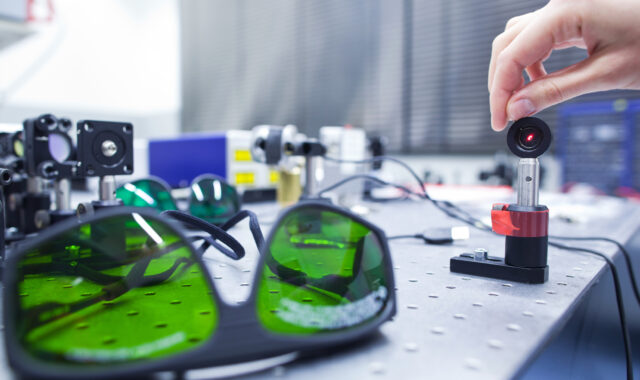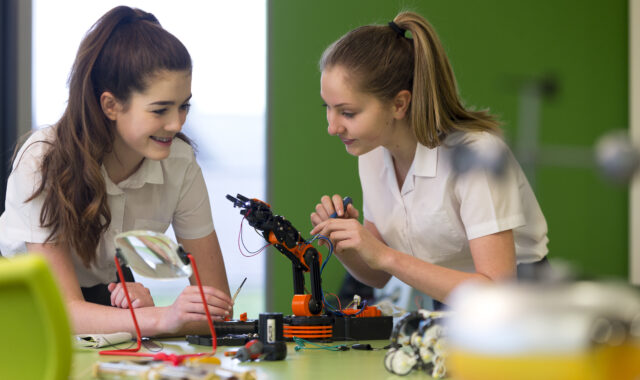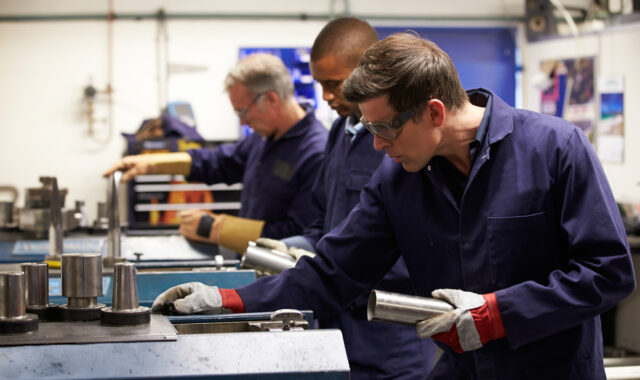
George S.
Material Science and EngineeringWhich university are you studying at?
University of Sheffield.
What subjects and qualifications did you take at school or college (e.g. A Levels, IB, BTECs, EPQ)?
I did A-levels in Maths, Physics, Chemistry, and I also completed an EPQ.
Why did you decide to pursue this degree at university?
I decided to pursue a degree at university because I was interested in the course and where it would lead me. I was also aware that my course has a high post-graduate employment rate, and that although I could enter the industry in other ways, I probably wouldn’t get the same social experience.
What does an average day or week at university look like for you (e.g. lectures, practicals, independent study, other interests)?
Most days are heavily lecture-based with the occasional lab session. We have two types of labs – practical or computer-based. I would say the workload is slightly higher than average but not unmanageable. As well as lectures, we have tutorial sessions, which are basically just answering questions about the content we’ve been learning.
What aspect of your course do you most enjoy?
I most enjoy the practical side of the course because it’s where I get to experience the newest things. I do enjoy lectures, however the process of learning by writing notes and testing myself on them has become somewhat repetitive. Labs, on the other hand, allow me to use new techniques and machinery, as well as to work with new people.
What do you find most challenging about your degree?
The greatest challenge I’ve faced at university has been online learning. As with many other people I’ve spoken to about online learning, while fun at first – mainly due to the lack of time commitments – it got boring and repetitive with lecturers seeming to make less and less effort.
What are your aspirations after your degree?
My career aspirations aren’t very defined at the moment; however, I am keen to go into an industry where I can help make a difference to the current problems we face with the environment. Perhaps developing a new material that can replace those that are damaging to the environment.
What would be your top piece of advice for anyone wanting to study material science and engineering?
If someone wanted to study my degree, I would just make them aware of the variation between modules. In my course, we study many different areas and sometimes it becomes hard to understand how they link.









Comments